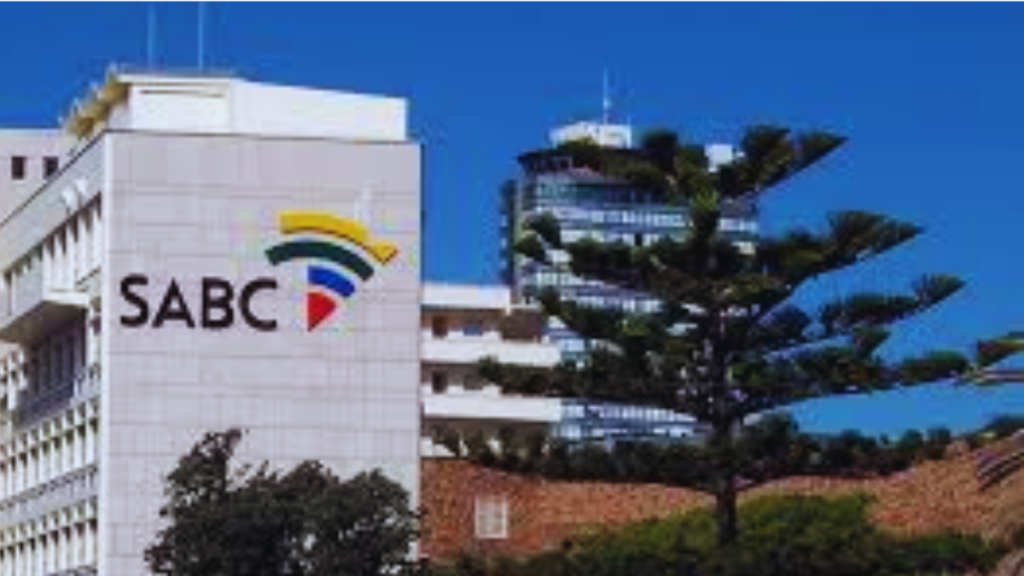The Democratic Alliance (DA) has proposed that the Department of Communications and Digital Technologies, led by Minister Solly Malatsi, hold public hearings to determine the future of the South African Broadcasting Corporation (SABC). These hearings aim to assess the necessity of a public broadcaster, its potential restructuring into commercial entities, or decentralization into provincial stations. The DA emphasizes financial prudence and audience engagement to revitalize the SABC amidst declining viewership and competition from streaming platforms like Netflix, advocating for strategic reforms and partnerships to sustain its role in national broadcasting.
Sign up for your early morning brew of the BizNews Insider to keep you up to speed with the content that matters. The newsletter will land in your inbox at 5:30am weekdays. Register here.
Join us for BizNews’ first investment-focused conference on Thursday, 12 September, in Hermanus, featuring top experts like Frans Cronje, Piet Viljoen, and more. Get insights on electricity and exploiting SA’s gas bounty from new and familiar faces. Register here.
By Myles Illidge
The Democratic Alliance (DA) has proposed that the Department of Communications and Digital Technologies (DCDT), under new minister Solly Malatsi, hold public hearings to decide the fate of the South African Broadcasting Corporation (SABC).
The hearings will determine whether the country needs a public broadcaster, and if it does, what form it should take and how it should be financed.
This is according to the DA’s Information and Communications Technology policy document for 2024.
“If it is determined that a public broadcaster is not a necessity, we will call for the SABC to be broken up into various commercial entities and sold to the highest bidder,” the document says.
It adds that the Independent Communications Authority of South Africa and the Competition Commission would oversee the process.
The DCDT will also consider decentralising the SABC into provincial broadcasting stations independently operated by their respective provinces.
“The decentralisation will encompass a resource-sharing model, similar to the broadcasting model of the United States,” the DA policy document says.
“This model will increase cooperation between provincial broadcasters in the sharing of content to illuminate duplication of content production, which can reduce the subsequent costs.”
If it is determined that South Africa still needs a national public broadcaster, the DA has made several recommendations to help secure its future.
This includes maintaining its integrity regarding the Broadcast Act by putting the public interest first and implementing strict financial measures to improve its dire financial situation.
The DA noted that the latter would require significant cost-cutting measures, with it highlighting the SABC’s “bloated” salary bill.
It included a comparison between the public broadcaster, who paid a salary bill of R3.1 billion in 2020, and eMedia, which paid staff R241.2 million that same year.
“Half of the SABC’s staff are ‘not suited or skilled’ to hold the positions they are employed in,” it added.
The DA notes that the public broadcaster saw its viewership numbers plummet by roughly 50% from 2018 to 2021, which had a knock-on effect on advertising revenue.
To address this, the DCDT will conduct a nationwide customer survey to determine the cause of declining audiences to find a solution.
It will also consider viewership demands and offer content that matches them.
The document also reiterated the DA’s stance that the public broadcaster must scrap its plans to charge a TV licence fee for any device that can view content, regardless of whether it receives broadcast signals.
“The broadcaster must stay clear of controversial plans such as those proposed in the draft white paper on audio and audio-visual content, which would see consumers streaming a Netflix or Amazon production on their phone having to pay a license fee to the SABC.”
Another significant change for the public broadcaster is that the DCDT plans to establish new agreements regarding the “must carry” regulation, which currently prevents the SABC from selling its content.
The document noted that one likely cause of the decline in SABC audience numbers is the rise of competitors like Netflix and other online streaming platforms.
To address this, the DA-run DCDT wants to increase revenue streams by creating streaming applications. It adds that South Africa must consider content-sharing agreements with local and international streaming providers.
“Government must engage with international and local streaming providers and consider a possible mutually beneficial relationship through content sharing,” it said.
“Users will then be able to access local and international content on SABC and other online streaming networks.”
“In this instance, SABC will be able to generate demand by also including trendy, international shows,” it added.
The public broadcaster already has a streaming platform — SABC+ — which is free to use. It is unclear whether it will be expanded or if the focus will be on new streaming platforms.
Read also:
SABC faces R56m unpaid TV licence fees from Government entities
Former SABC head of legal affairs sues broadcaster for R262m
ANC to approach SABC for more airtime to spread ‘propaganda’ ahead of elections – Daily Friend
This article was first published by My Broadband and is republished with permission
>>> Read full article>>>
Copyright for syndicated content belongs to the linked Source : BizNews – https://www.biznews.com/sarenewal/2024/07/03/da-calls-public-hearings-sabcs-future
